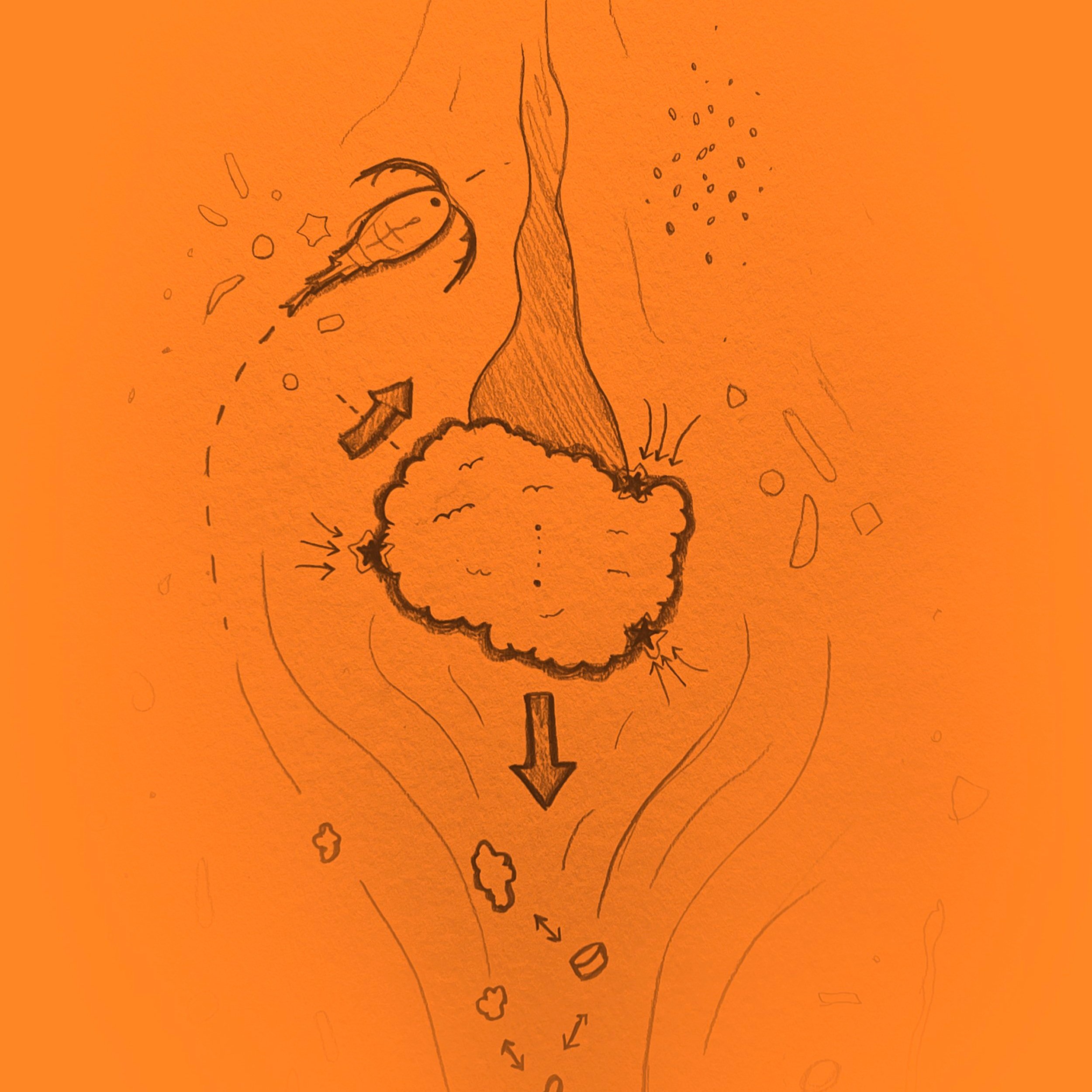Sedimentation Dynamics of Marine Snow
ABSTRACT
Oceans constitute the largest carbon sink on the planet and it's estimated that 30-40% of all carbon emitted by human activity is being absorbed by the oceans. If this process was to stop at any point - our current carbon dioxide numbers in the atmosphere will shoot to roughly 600ppm and we would cross the 3 deg C heating scenario immediately. Oceans also store 40 times more carbon compared to atmosphere and 10 times more carbon compared to land. Thus oceans have been proposed as the biggest opportunity in carbon sequestration.
Despite of all the above facts, we know very little about the mechanism of how carbon is sequestered in the ocean. This is specifically true for the biological processes at play in marine environments.
By building a new class of direct measurement tools for carbon flux and six expeditions in Arctic, Antarctic, Atlantic and Pacific Ocean - we were able to directly measure carbon flux at specific locations at sea and identify a key overlooked driver of carbon sequestration - polysaccharides and lectins produced as mucus by biological cells under stress. In a recent manuscript, we show the role of this mucus (comet tails) and the mechanism by which they can impede direct carbon capture converting 200m/day sinking rate to 0m/sec - with an overall impact of reducing carbon flux by almost 50% in certain regions of the world. This novel mechanism and it's biological drivers have a huge impact on prediction of tipping points in the ocean and highlight the need to understand fundamental biological processes at play that govern the fate of our planet.
BIG QUESTION
“Can we better understand biological mechanisms and processes within the ocean so that we can better predict the extent of carbon sequestration in the ocean?”
Percent of carbon absorbed by the oceans:
30-40%
of those emitted by human activity
Oceans store:
10X
more carbon than land
Number of expeditions in this study:
6 expeditions
(Artic, Antarctic, Atlantic, Pacific)
Project status
Active
Project is funded by the National Science Foundation.

